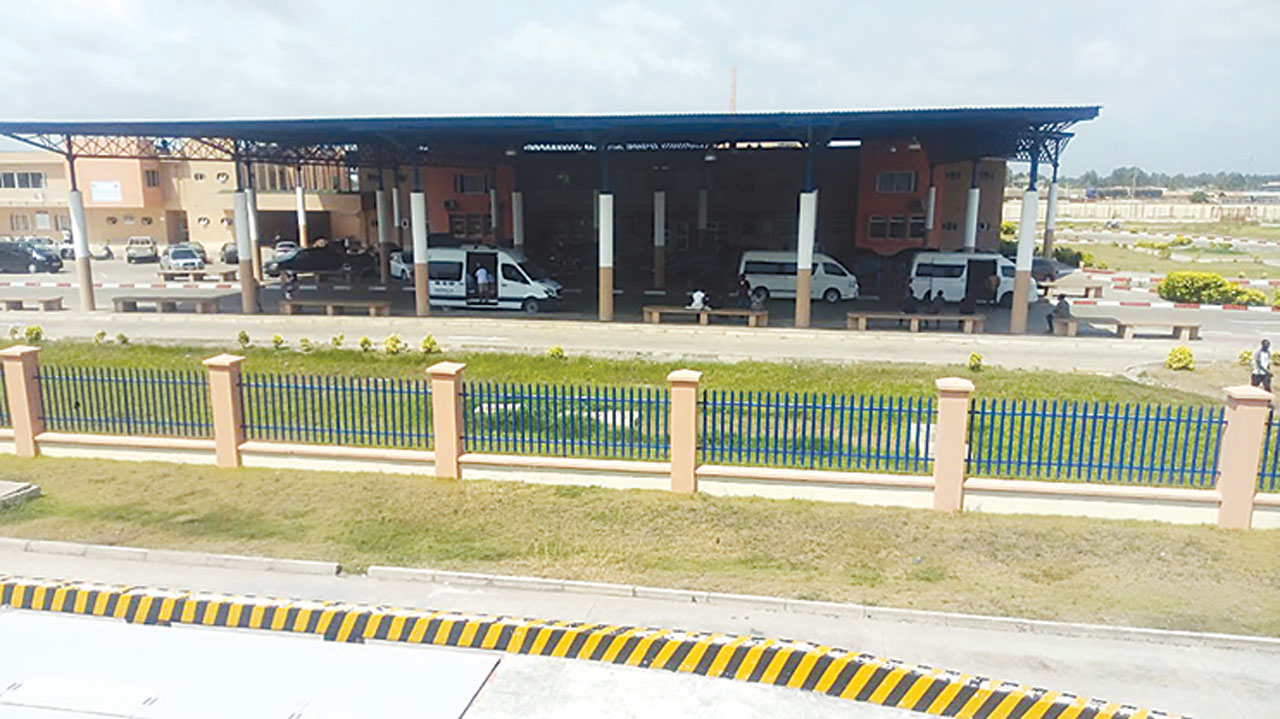
The recent closure of the Nigerian-Benin border in the southern part of the country has elicited various comments by numerous stakeholders such as the Manufacturers Association Export Group and the Lagos Chamber of Commerce and Industry on issues of business relations and security concerns between the two countries.
The closure, which came suddenly took many by surprise, particularly those who regularly ply the roads linking the two countries in their normal course of business. The shock of the suddenness of the government action suggests that government might have had some intelligence reports on security concerns across the border such that an immediate closure was considered imperative. On the other hand, it could also be the sudden closure is a manifestation of government’s often-repeated negative stance of solving complicated, broader and multidimensional problems by simplistic methods, as if the problems will just go away by government fiat or a waving of the magic wand. We think decision making on public policy issues can be done better than this.
The types of business that take place across the Nigeria-Benin border comprise mainly local manufacturers who serve the markets of the West African sub-region and use land transport to access these markets. Also, lots of petty traders transact in perishable consumer items such as tomatoes poultry product, rice and many others across these borders. These have thus been affected by this seemingly rash decision of government. The huge losses to the petty traders and manufacturers that ply the route have been estimated by some to be in billions of naira, thus turning out to be very devastating to these traders who are, in any case, mainly Nigerians. Many of them appear to have suffered irreparable damage to their business with the spoilage of their perishable commodities and the consequent loss of business capital.
Report emanating from the security agencies suggest that the exercise code-named “Ex-Swift Response” is a joint security operation involving the Nigeria Customs Service and the Nigeria Immigration Service in collaboration with the Armed Forces of Nigeria, Nigeria Police Force and other security and intelligence agencies. The narrative from the Nigeria Customs Service that what is being experienced is not a border closure but a joint security operation does not appear convincing to many stakeholders who feel that government operations on security or otherwise should not be disruptive of the ordinary way of life of the people except in cases of great emergency. What security issues will be addressed in the 28 days or more when the border watch or “closure” will last? Was an extensive appraisal of the trade problems at the border done before a “closure” decision was taken? If there are security issues at the Nigerian borders, are they limited to the southern portions of the Nigerian-Benin border? What of the borders in the northern parts, which are considered by many, to be very porous and conduits for the influx of bandits and small arms into the country, from Libya and conflict zones in the Sahara region? These are questions that should not be ignored.
Some explanations to some of these posers appear to have come from far away Yokohama, Japan when President Muhammadu Buhari on the side-lines of attending the Tokyo International Conference for African Development, TICAD, said that the “partial closure” of Nigeria’s border with Benin Republic was due to the massive smuggling activities, especially of rice, taking place on that corridor. Aside from this smuggling issue, the Nigeria’s leader has this curious penchant for providing explanation for critical national policy decisions from distant lands. Nigerians often get to know about government positions on critical national issues when the president is abroad. The president needs to be reminded that he is accountable to the Nigerian public on government policies and programmes. He should be reminded of his obligation to provide explanations to Nigerians on policy issues within the country. It appears to have become a pattern that Nigerians would have to wait for the president to travel abroad before they know the reasons for the posture of government on many critical issues.
In trying to articulate the solution to the smuggling issue at the Nigerian border, does simply closing the border address the problem? What are the issues to be considered in finding a solution to the preponderance of smuggling of goods, particularly rice into Nigeria? The issues should have been appraised from a holistic perspective in coming to a determination on an appropriate action for a long lasting solution. The question of why smuggling is thriving in Nigeria should be addressed. Is government not aware that officials of the Nigerian Customs Service are the main suspects in aiding and abetting of smuggling in Nigeria? Hasn’t government denied incidence of large-scale smuggling of rice in the past? Is the local production of rice no longer largely sufficient to satisfy local demand, as earlier claimed by government? What appears to be becoming obvious is that government claims on the extent of local rice production are largely overstated. A number of the reported seizures of contrabands at the borders occurs when the smugglers do not “play ball” as expected by the customs officials. There is the urgent need to ask the customs authorities to examine themselves in public interest.
Specifically, current leadership of the customs service has been controversial from inception of the current administration when a retired soldier of the president’s generation was appointed to lead such a professional body. It was noted then that soldiering is different from a critical, technical agency such as the customs service. The president should also look into the suitability of the current leadership of the customs service instead of resorting to border closure with the same inefficient and corruptible customs officials.
Border closure is so mechanical and simplistic that the costs may actually outweigh the benefits to both the economies of Nigeria and Benin republic. A more comprehensive appraisal of the problems at all the borders should be undertaken, at both the southern and northern borders to proffer appropriate solutions as peculiar to every segment of the country. In the main, government should make effort to open these borders for the free flow of commercial activities, while long-lasting solutions are being sought.






